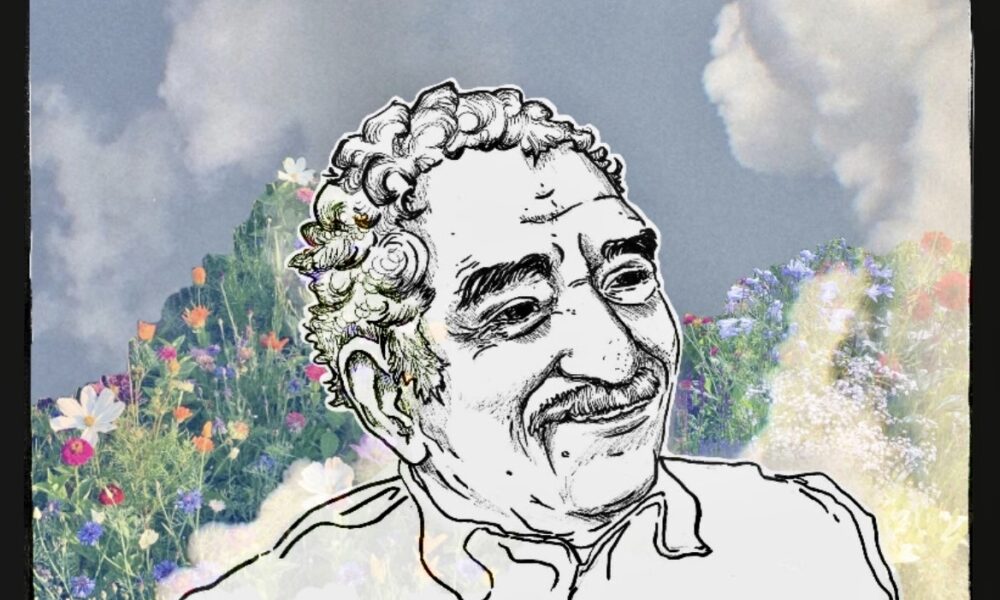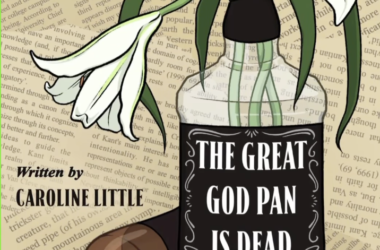“Memory was my source material and my tool. Without it, there’s nothing.”
Gabriel García Márquez began to write Until August toward the end of his life. It was intended to be part of a much longer work, cut short by García Márquez’s battle with dementia.
His final verdict was absolute: “This book doesn’t work. It must be destroyed.”
García Márquez left behind five versions of the novel. The newly published version—released on March 6 in Spanish and March 12 in English—stems primarily from two texts: “Version five, dated July 5, 2004,” which Cristóbal Pera describes as García Márquez’s favourite of the five in the editor’s note of the novel’s Spanish edition, and a digital document of all alternate passages and scenes that had not made the cut.
Rodrigo and Gonzalo García Barcha—García Márquez’s sons—waited ten years after their father’s death before revisiting the text.
“Judging the book to be much better than we remembered it,” they wrote in the preface, “another possibility occurred to us: that the fading faculties that kept him from finishing the book also kept him from realizing how good it was.”
Delving into the novel, I was astonished to find this story—the real one—refracted around every corner.
Ana Magdalena Bach (whose name is one “n” short of that of Johann Sebastian Bach’s wife, Anna Magdalena Bach) returns to an indeterminate tropical island every August. It’s where her mother asked to be buried; Ana doesn’t know why.
She’s married—happily, mostly. But every year on the island, she takes a new lover, just for a night. Each affair winds up, climaxes, and eventually ends in disappointment. A night of sex is soured when her lover leaves her a 20-dollar bill. Years later, Ana sees another former lover on the news, wanted as a pimp, perhaps a murderer.
Her trips to the island are an effort to discover untold truths about her late mother, to communicate with the dead. This is effectively what Until August is: A previously untold story emerging from the past, a window into a dead parent.
The story of the novel is also the story of its publication.
García Márquez deftly blends curiosity and desire until they become one and the same. Until August suggests that sexual desire is not so different from the desire for knowledge—and that they are both ultimately expressions of love.
On the island, between fragmented affairs, Ana reads a number of structurally fragmented crisis works: Dracula (epistolary), The Martian Chronicles (a so-called “fix-up” novel), A Journal of the Plague Year (journal).
The title Until August focuses on the before, the gaps in the year preceding visits to the island, but also Ana’s life before her mother’s death. García Márquez inserts whole worlds into these gaps, leaving threads of other stories in Ana’s wake.
We are reminded of the worlds existing within people coming and going, music floating into the foreground, married couples taking refuge in motel rooms, flowers on gravestones, and bishops who have sex in hotels.
García Márquez said that Until August should be destroyed. But he didn’t destroy it. Opening the novel felt like divulging a secret, as if I were doing something I shouldn’t. But it’s a kind of infidelity that stems from love.
“In an act of betrayal, we decided to put his readers’ pleasure ahead of all other considerations,” his sons write in the preface. “If they are delighted, it’s possible that Gabo might forgive us.”
To call it an unpublished masterpiece may be a little strong—but it’s still very good. It’s still Gabriel García Márquez.
Near the end of the novel, Ana begins to realize that her life on the island is not entirely her own.
“She did not feel sad but rather encouraged by the realization that the miracle of her life was to have continued that of her dead mother.”
This is what stories do—they continue in those left over after their germination has faded away into the past. We are left to wonder what could have been written if García Márquez had had time to weave something out of the still-hanging threads.









